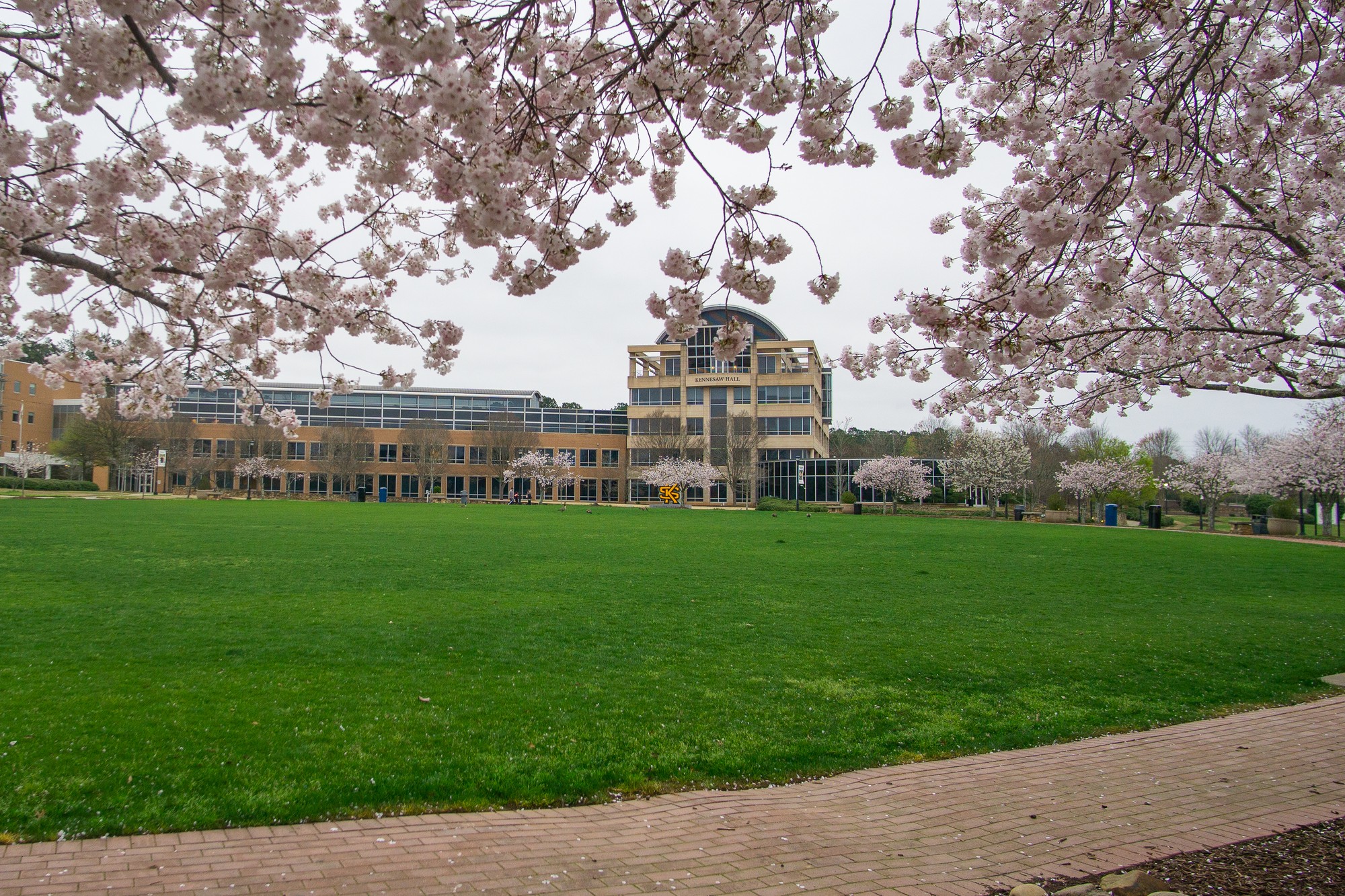A student survey conducted by the KSU Sentinel reported that the single most important issue in this election for students is the economy.
However, many students were unable to accurately define what ”the economy” means as a political issue. Students were also unable to accurately define what “human rights,” and “foreign affairs” mean as political issues.
The economy is defined as “the structure or conditions of economic life in a country, area or period,” according to the Merriam-Webster Online Dictionary. Earlier this year USA Today wrote, “Americans have different and sometimes conflicting priorities on the economy and clashing expectations about what’s ahead. The uneven impact of the Great Recession and the uncertainty of the recovery have shaped those divergent views and with them the campaign appeals.”
Merriam-Webster defines foreign affairs as “matters having to do with international relations and with the interests of the home country in foreign countries.”
A blog hosted by The Washington Post illustrates that during the final presidential debate, conversation focused on the Middle East and China instead of on other issues abroad such as the European Union financial crisis. During the debate, Iran, Israel, Libya and Syria were mentioned 124 times. China was mentioned 32 times and Greece was mentioned only twice, with no mention of the EU.
Merriam-Webster defines human rights as “rights regarded belonging fundamentally to all persons.” According to HumanRightsFirst. org, “The next U.S. president will face human rights challenges from day one.” The four human rights issues the organization names as most prevalent are national security, the Middle East, blasphemy and freedom of expression, and China.
In the case of national security, human rights watch groups are concerned about the use of torture in the name of national security. The other three issues concern U.S.-supplied aid to democratic nations in the Middle East, laws designed to limit free speech and free expression in an attempt to limit blasphemy against religions, and the Chinese government, which continually oppresses its citizens’ rights to free expression.


